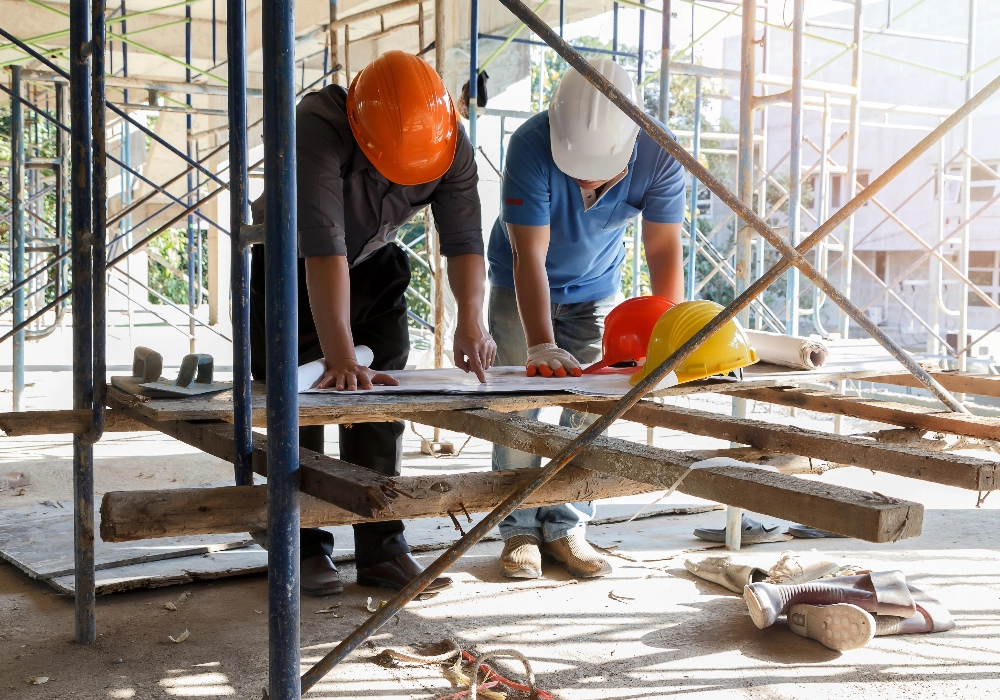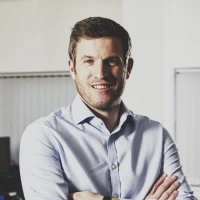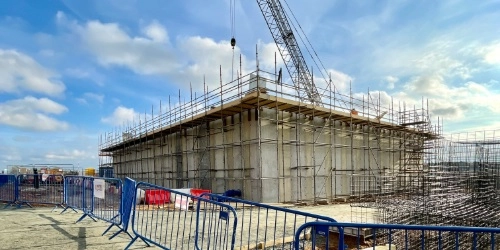We've been securing construction sites for over twenty years, so we pride ourselves on our safe working practices. Below we share our top tips for better construction site safety.
The Health and Safety Executive places construction sites as the third most hazardous working environment, based on the numbers of near-misses, accidents, injuries, and fatalities each year.
The most recent figures highlight the need for an ongoing focus on improving construction worker safety:
-
61,000 construction workers sustained injuries in 2019/2020
-
81,000 construction workers suffered from work-related ill-health in 2019/20
-
There were 40 fatal injuries in 2019/20
-
The estimated economic cost of workplace injury and new cases of work-related ill health in construction was £1.2b
-
143 cases were prosecuted and resulted in a conviction
Below is the advice we provide to all our field engineers responsible for installing and maintaining our Rapid Deployment CCTV Towers and Time Lapse Video systems, but this advice applies to anyone working on construction sites.
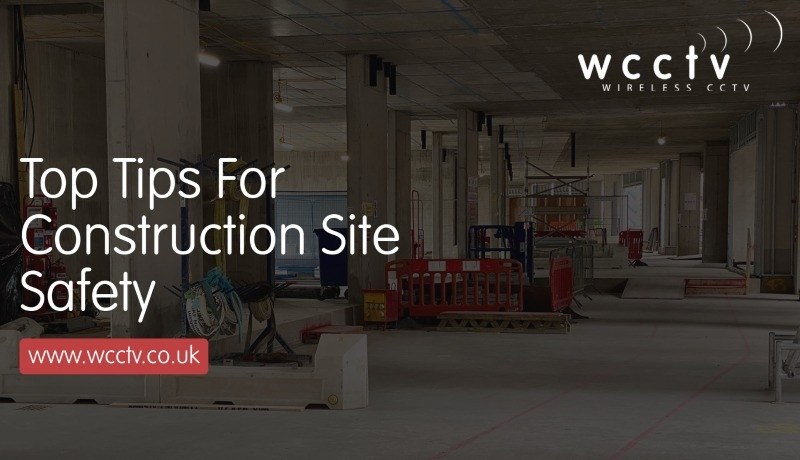
How to Control Construction Site Safety
Stay Alert and Be Mindful
Our engineers work on construction, rail, utility and highway sites every day, so ensuring their safety is of the utmost importance.
We have implemented a safe working code of practice developed from years of experience and industry best practices to achieve this.
Underpinning this code of practice is the need to stay alert and mindful of your surroundings when working in hazardous environments.
We run regular training sessions on how to spot and mitigate internal and external risks, but we wanted to create a safety culture to make this second nature for our team.
That's why we introduced our Safety Observation Report (SOR), a log where engineers can report any accidents, near-misses or unsafe working environments.
We review this log weekly to see how we can improve safety for our staff and clients, and there is an award for the best submission each month.
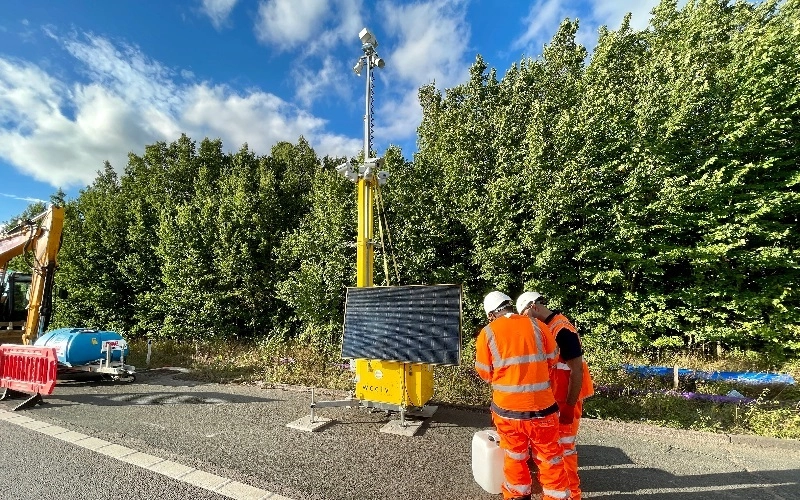
We work in environments where vehicles, heavy machinery and unstable surfaces are commonplace, so ensuring our engineers are vigilant of danger at all times is critical - all it takes is one lapse in concentration for an accident to occur.
Before attending any site, we always send our client our Risk Assessment and Method Statement (RAMS) and ensure our team strictly follows these working practices.
We also regularly attend safety briefings with our clients to better understand the safety challenges they face and how we can support each other in ensuring safety for all.
Wear Appropriate PPE
Wearing the correct PPE (Personal Protective Equipment) is a simple but effective way of ensuring site safety.
Depending on the job and the type of site, our team will require different levels of PPE. This can include:
-
Hi-Vis jackets, vest and trousers
-
Hard hats
-
Gloves
-
Boots
PPE requirements can also change from day to day, so although we always communicate with our clients ahead of time, we ensure that each engineer has a full range of high-quality PPE, so they never have to enter the site without the proper protection.
We value the safety of our staff and clients above everything, and if our team don't have the right equipment to do their work safely, we will ask them to return to base.
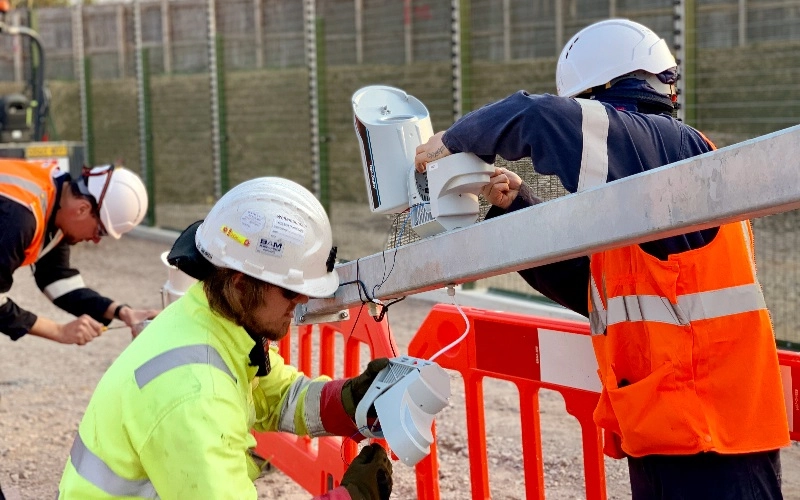
Know Your Site
Every site is different, and understanding the unique risks and hazards will help you control and prevent these risks.
Every site should have a supervisor or project manager who controls the day to day operations. Our engineers will report to this contact to gain all the knowledge they need on how to work safely on site, exclusion zones, dangerous areas, specific activities taking place that day and emergency procedures.
Many sites we work on require our engineers to hold specific qualifications before accessing the site, so we will always check beforehand and ensure we're sending fully qualified engineers.
When we work on a rail construction site, we may be supervised by a 'Controller of Site Safety (COSS)' or 'Safe Work Leader (SWL)'; we will always seek these out before commencing.
Communicate Clearly
Effective communication is critical to safe working practices, but this can often be challenging in a noisy construction-driven environment.
The inability to communicate as a team has the potential to create risks and disrupt workflow. To minimise this danger, we encourage our teams to take extra precautions with their communications to ensure no misunderstandings.
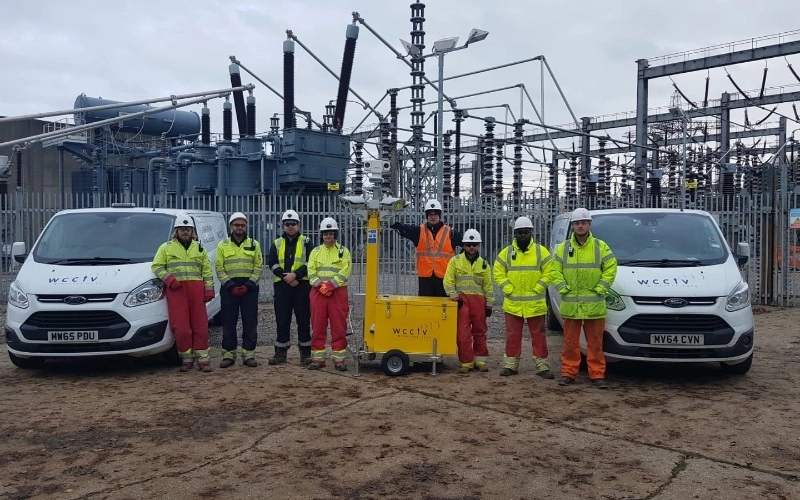
This focuses on our 3 Cs - clarity, conciseness and confirming that everyone has understood what is trying to be communicated. Our engineers will never shout across a site to be heard; they will always come together when interacting.
Their PTS training and ongoing internal efforts reinforce this focus on communications to ensure they are precise with each other and our clients.
Training and Qualifications
The key to better construction site safety is training, experience and knowledge.
We believe it is critical for our engineers to undertake training regularly, and we invest in their development by supporting their gaining of accreditations.
Below you can see a list of accreditation that we either hold as a company or individual certification received by our engineers. Still, we don't just stop once we have the certificates.
We regularly seek to go above and beyond when it comes to safety. This begins with our SHEQ team holding internal training courses, safety meetings and running regular audits.
That way, we're not just thinking about health and safety every 12 months or so when an external audit is due; it's at the forefront of our minds all year round.
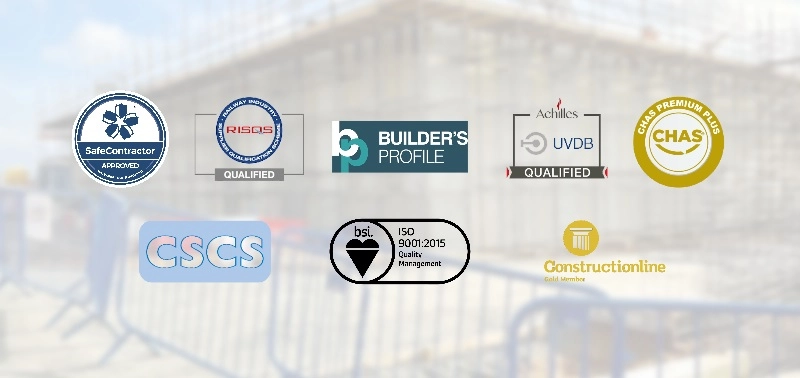
First Aid Training
A trained first aider on your construction sites can help provide instantaneous response to any incidents and potentially save lives.
Training as many staff as possible is highly recommended, both through formal qualifications and internal training sessions.
All staff should know who their appointed first aiders are and where they need to go to seek emergency attention.
All of our engineers are first aid trained, so if an incident does happen with any of our team, or anyone else working site, we can provide immediate medical care.
Ready to find out how Rapid Deployment CCTV can work for your company? Get in touch today at 0800 470 4630 or request a call back
